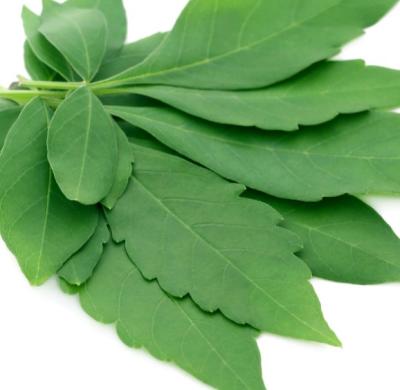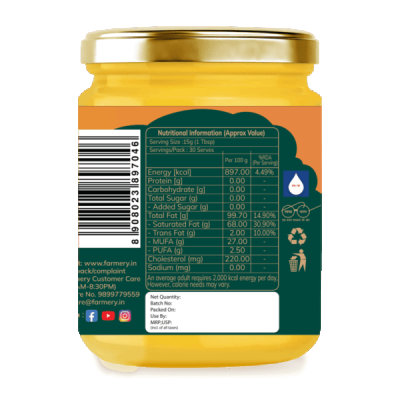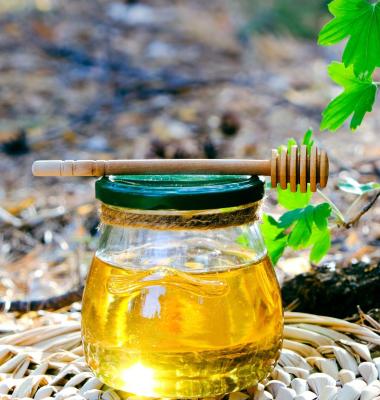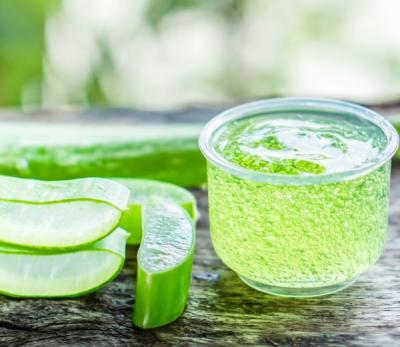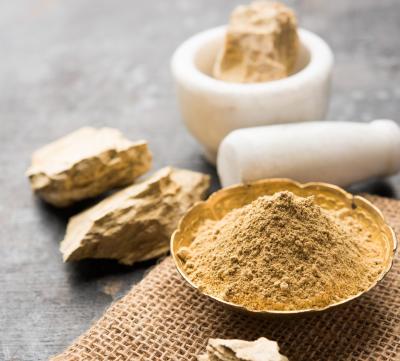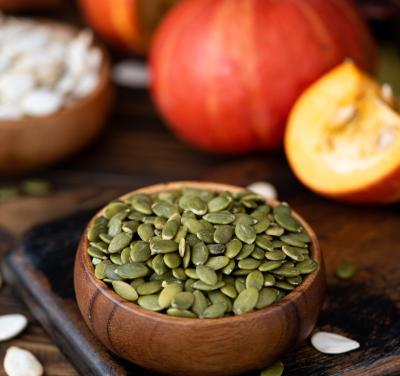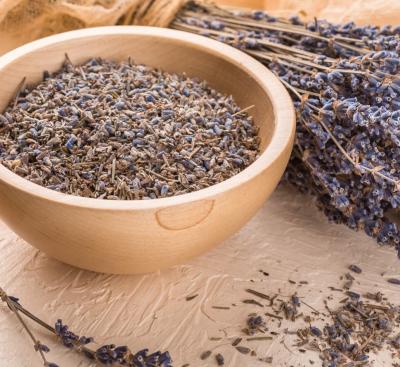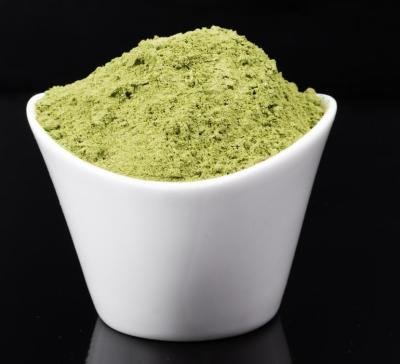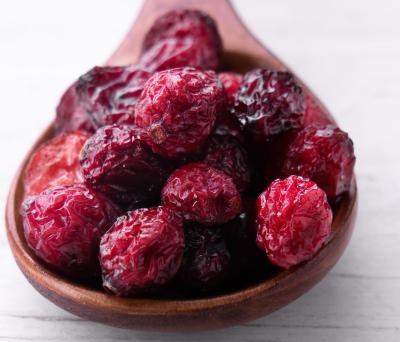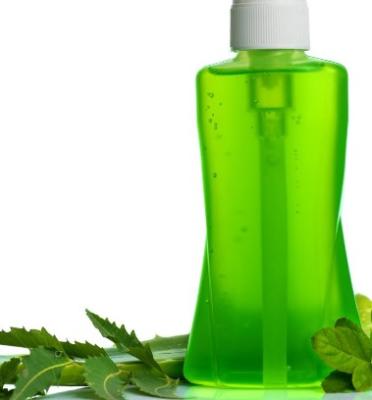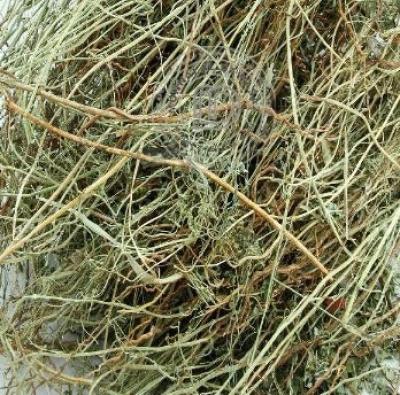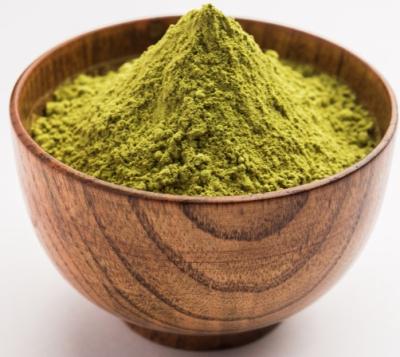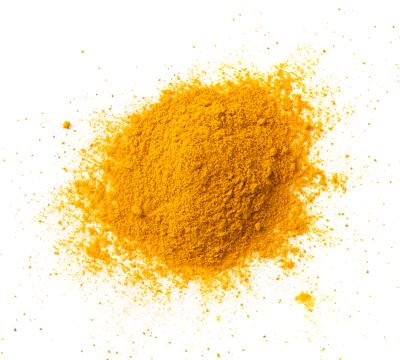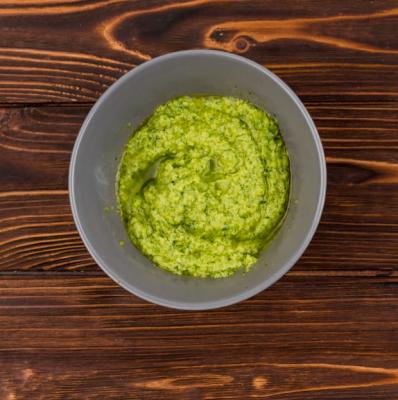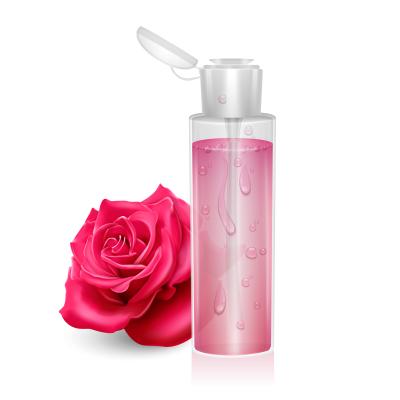Sri Herbal's Dry Henna Leaves: Nature's Timeless Elixir
Henna, known scientifically as Lawsonia inermis, has been an integral part of various cultures for centuries, celebrated for its diverse applications in beauty, art, and medicine. At Sri Herbal, we bring you Sri herbal premium-quality dry henna leaves, meticulously harvested and processed to preserve their natural potency.
The Origin and Journey of Henna
The henna plant is a tropical shrub native to regions spanning northern Africa, Asia, and northern Australia. It thrives in semi-arid climates, flourishing in high temperatures between 35°C and 45°C. During the rainy season, the plant exhibits rapid growth, producing abundant leaves rich in dye content. As the dry season approaches, growth slows, and the leaves mature, ready for harvest.
Cultivation and Processing: Sri herbal From Leaf to Powder
Cultivation: Henna plants are cultivated in regions with hot climates and well-drained soil. They require minimal water once established, making them ideal for arid areas.
Harvesting: Leaves are handpicked during the peak of their dye content, typically in the late summer months.
Drying: Collected leaves are spread out in thin layers under shade to air-dry, preserving their vibrant color and essential properties.
Grinding: Once dried, the leaves are finely ground into a powder, resulting in the henna powder commonly used for various applications.
Traditional and Modern Uses of Sri herbal Henna
Cultural Significance
Sri herbal Henna has deep-rooted significance in many cultures, particularly in India, the Middle East, and North Africa. It is traditionally used in ceremonies and festivals, symbolizing joy, beauty, and blessings. Intricate henna designs adorn the hands and feet of brides, reflecting cultural heritage and artistry.
Cosmetic Applications
Hair Dye: Henna is renowned for its natural dyeing properties, imparting a rich reddish-brown hue to hair. Beyond color, it conditions and strengthens hair, enhancing its overall health.
Body Art: The art of mehndi involves applying henna paste to the skin to create temporary tattoos. These designs are not only decorative but also hold cultural and spiritual significance.
Medicinal Benefits
Antimicrobial Properties: Henna exhibits antibacterial and antifungal effects, making it useful in treating various skin conditions and infections.
Anti-inflammatory Effects: Its application can soothe headaches and reduce inflammation, providing relief from various ailments.
Wound Healing: Henna has been traditionally used to promote wound healing due to its cooling and soothing properties.
Health Benefits of Henna
Hair Health: Regular use of Sri herbal henna can strengthen hair, reduce dandruff, and promote a healthy scalp. Its natural conditioning properties leave hair soft, shiny, and more manageable.
Skin Care: Henna's antimicrobial and anti-inflammatory properties make it beneficial for treating minor burns, wounds, and skin irritations. It can also help in managing acne and eczema.
Detoxification: Henna has been used traditionally to detoxify the body, aiding in the removal of toxins and promoting overall health.
Potential Side Effects and Precautions
While henna is generally safe for external use, certain precautions should be observed:
Allergic Reactions: Some individuals may experience redness, itching, or swelling upon application. It is advisable to conduct a patch test before extensive use.
G6PD Deficiency: Individuals with glucose-6-phosphate dehydrogenase deficiency should avoid henna, as it can cause hemolytic anemia.
Ingestion Risks: Henna is unsafe for oral consumption and can lead to serious health issues, including stomach upset, muscle breakdown, kidney failure, and in severe cases, death.
Alternative Names for Henna
Mehndi
Mignonette Tree
Egyptian Privet
Jagua
Lawsonia Inermis






